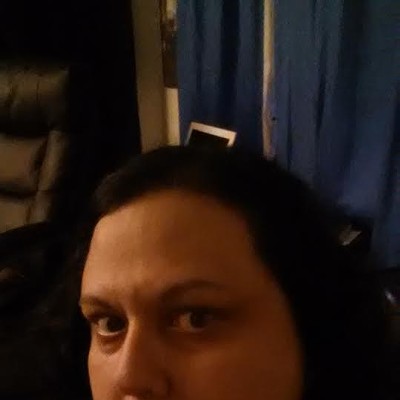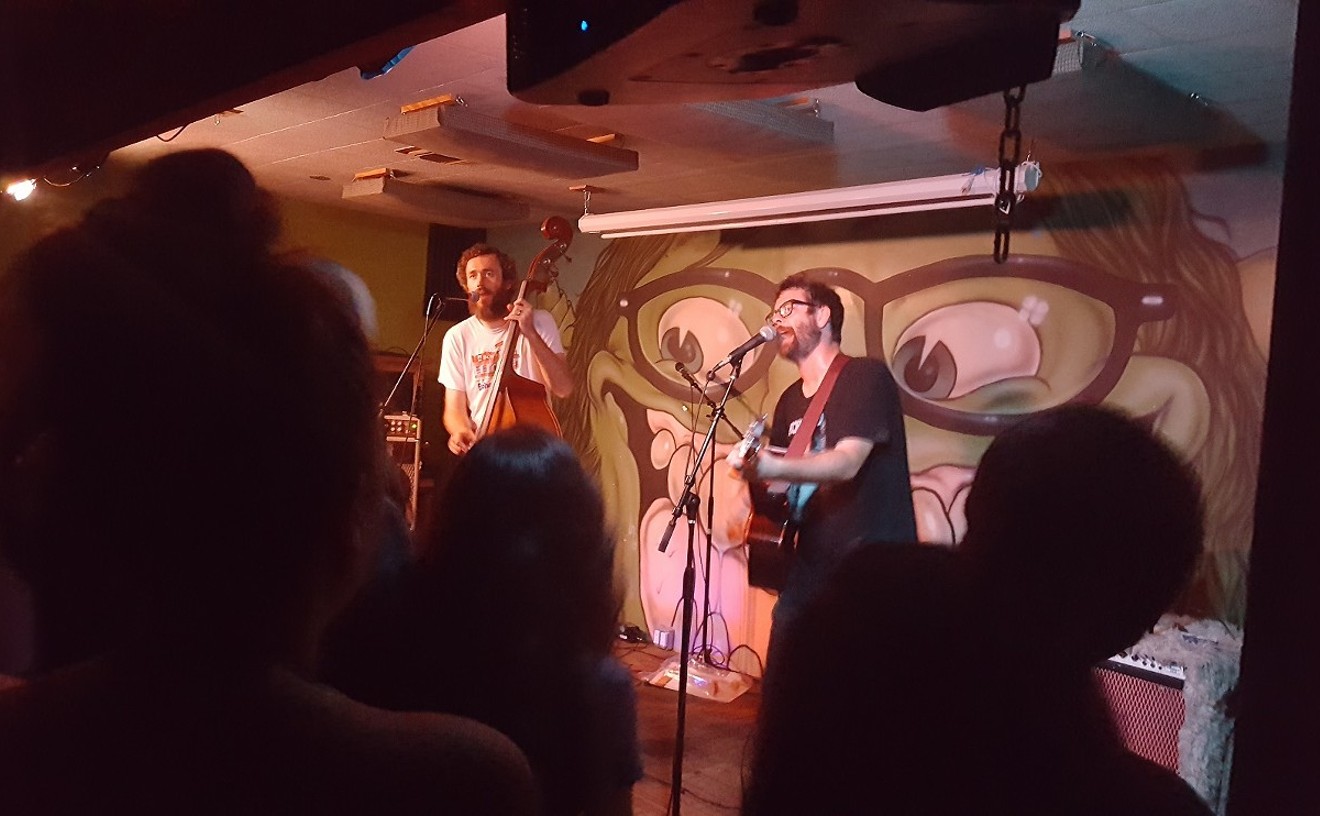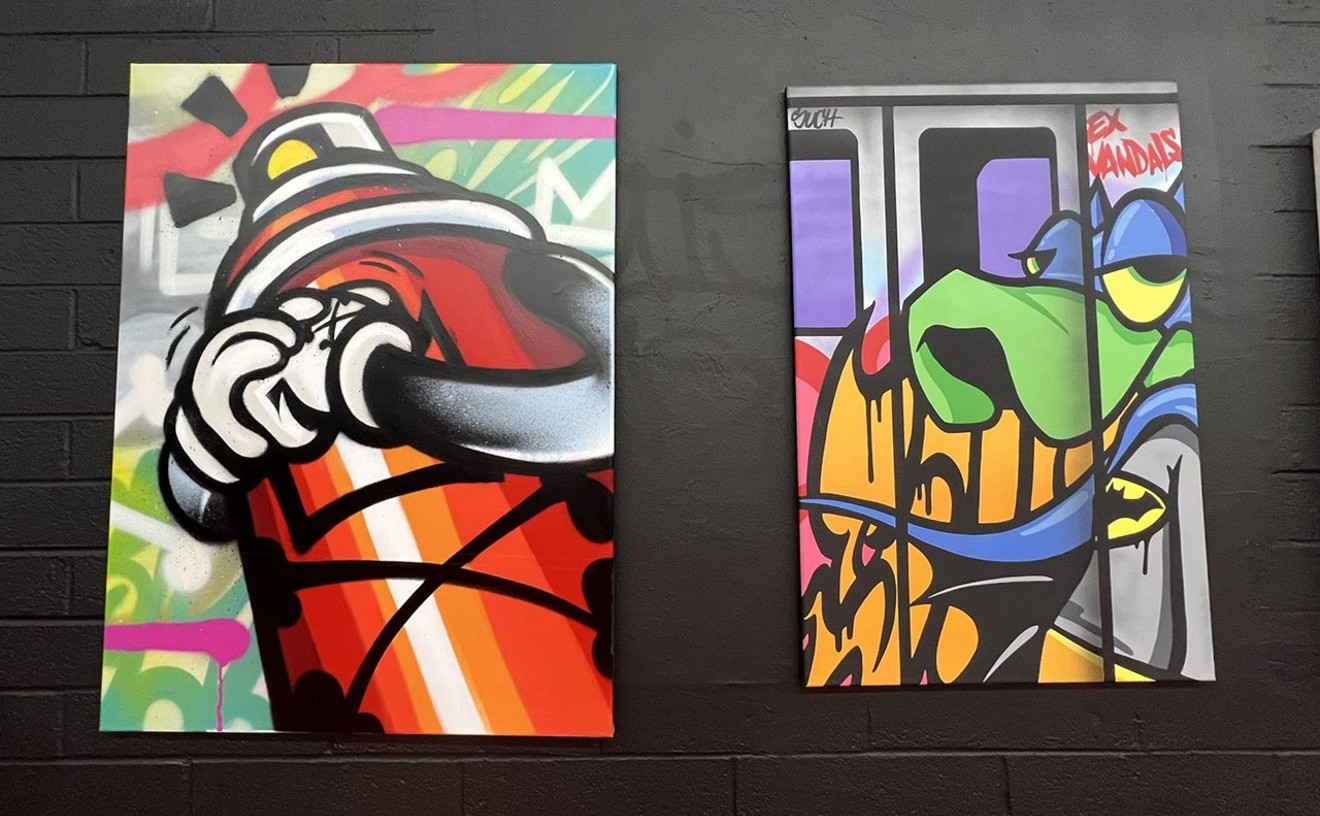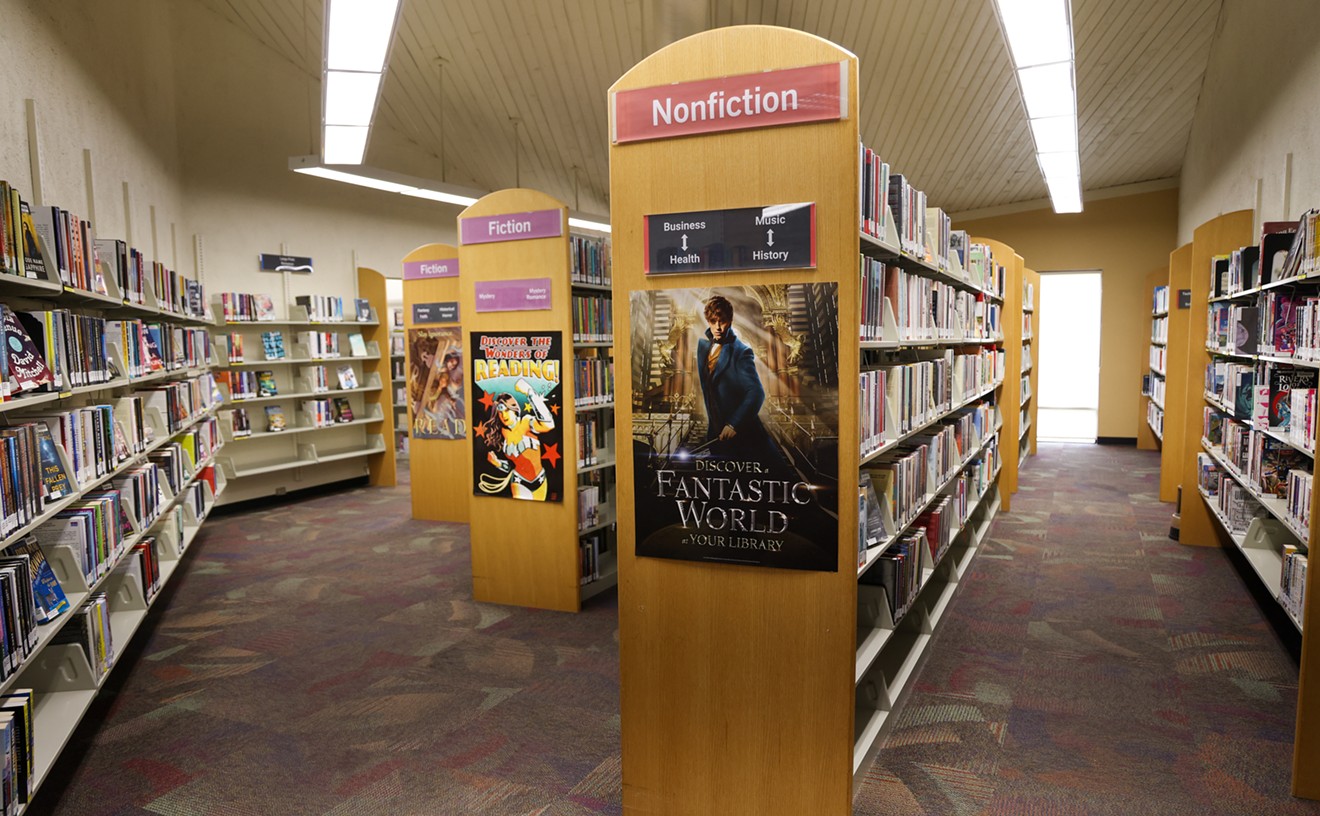Chances are solid that in the past 40 years, you've caught sight of Howie Mandel via one of his many entertainment jobs. That's how long the Canadian-born showman has been infiltrating the entertainment industry, collecting fans using his different talents.
Stand-up comedy really got his ball rolling. He's been doing that since the late '70s, starting at a comedy club in Canada. It didn’t take long for that to stick. Thanks to his manic style, in both how he speaks and how he moves, he easily made fans. He did a set while on a trip to Los Angeles at the Comedy Store and got the opportunity to be a regular – a break that doesn't get past the dream stage for many funny folks.
Then there’s TV Howie, where he's shown a lot of diversity. He played the raucous intern Wayne Fiscus on ER, the TV show that got people saying George Clooney’s name on a consistent basis. From being the host of the long-running game show Deal or No Deal to currently judging America’s Got Talent (AGT), he’s been all over the tube for decades.
Mandel also is a movie actor. He has appeared in several, like the comedy hit Walk Like a Man, and Little Monsters. Also a voice-over artist, he has been in films where you may not have realized it was him. For instance, in the Gremlins franchise, he used his vocal abilities to give us the sweet, crackly speaking voice of the main gremlin, Gizmo.
Phoenix gets him for four shows on Friday and Saturday, October 6 and 7. We had a quick but engaging talk about a few things, like how he likes working in all those arenas and his process for performing stand-up shows.
Amy Young: What do you have planned for the Phoenix shows? What are some of the themes?
Pastels, mostly. That's my color theme [laughs]. No, I don't really have any. I just show up for a giant party and try to be the center of attention. With stand-up, I do about 200 nights a year. It's my primal scream; it's my favorite thing to do of anything you've ever seen me on. Whether it's hosting a game show or judging a talent show or doing voice-overs, stand-up is always my go-to spot.
What is it about stand-up that tops other mediums for you?
It's the most freeing. There are no lines to recite, no editing to be done, no marks to hit. Anything can happen at any time. I will say, it's not a show for kids. I don't edit myself. I just think of it as kind of a free-for-all of having fun.
That’s interesting, because a lot of comics toil over reciting their lines and timing everything perfectly. You’ve never taken that approach?
More when I was young and starting out. Like, if you had to do a spot on a talk show, that required having to go over your six-minute spot and every joke had to be approved by the talent booker and you'd have to tell them what joke you were closing on. What I love about comedy, and what I've always loved, [is] that free-form environment where if something doesn't work, you know right then and there. It's not something you have to wait until the reviews come in to find out. You get instant silence, and that's a bad review right there on the spot. I kind of like those moments because it's up to me to turn it around, and I'm happy to turn it around. Everything else I do in my life, and in my career, is so structured, the only thing that I have that is freeing and that has absolutely no structure is my stand-up comedy.
Keeping your live show somewhat loose allows you to factor in the unknown.
I've been doing stand-up for 40 years, I have a plethora of material. I know I can come out, say “Good evening,” and that's always a good opening, unless, of course, it's a breakfast show, and from there I have a ton of stuff to fall back on – I can pull from things I've done, things happening in my life; also, the audience makes requests sometimes. I find — and maybe it's because my persona is open – my audiences tend to interact with me, so even if I planned out each bit, the audience shows up and takes things in different directions. I just like that kind of freedom.
Have you ever had a time when a joke was met with complete silence and you couldn't turn things around after that?
My analogy of stand-up comedy is thrill rides. I have always loved going on thrill rides. I look for the highest, scariest roller coasters to go on. That gets your adrenaline going and makes it exciting. If it was just a flat ride slowing rolling through the breeze it wouldn’t make you feel that way. So, my analogy of stand up is it's kind of a roller coaster. You show up and then it's "Ladies and gentlemen, it's Howie Mandel," and then you're climbing that hill, and there are sometimes moments you’re spewing something out that equates to that steep drop in the ride. I have those moments all the time, and they’re kind of fun. I talk about that in my book (Here's the Deal: Don't Touch Me). You could be playing a sold-out show at Radio City Music Hall and catch a glimpse of one person who doesn’t have a smile on their face and then everything becomes about that.
Any examples?
One time, at a really big show, there was a guy in front who wasn’t making any eye contact with me and not reacting fabulously, so I stopped – and I don’t usually think about what I’m going to say before I say it, which, maybe I should; I say in my act that being like that has caused me a lot of problems in life but it’s also afforded me this career – so anyhow, I say, “This guy’s not looking at me, helloooooo …” and the woman next to him says, “He’s blind.” That was, of course, very uncomfortable and the whole audience reacted with a collective disdain. There was that roller coaster just going over the top of the hill.
So, what happened?
It seemed to be an eternity of silence, my heart dropped into my stomach, I didn't know what to do and then you know, the point is you can't vacillate into fear, I ended up just saying what I was thinking, which could have gone either way. And my thought that I said out loud was, "Why would you buy front row tickets for a blind man?" And that got a big laugh and won everyone back from that hellish moment that's the roller coaster of it all. You want to have those big valleys and hills and highs and lows.
The unexpected is a fuel for you.
Yeah. I have severe ADD as it is, so if there's a noise or something happens in my periphery, it can make each show a little bit different, a little bit electric, a little more exciting, a little bit dangerous. I'll have people who walk up to me in the street and go, "You know the night when the lady with the red hat came up?" And I don't, because like I said, 200 shows a year, but it just shows me that that show was special and different to that person.
Are you talking Trump on this tour?
No. No. No. I just think that one of the reasons America's Got Talent does so well is because it's a respite. There isn't any place that you can turn now where you're not hearing news or satire about the news, so if you want to get away from it for a little while, come see me. For me, it's a great way to give myself a distraction from those things, too. It's a great distraction.
You do a lot of TV; is part of the freedom you enjoy in stand-up a reaction to working in the structured environment of TV?
TV is confining but everything is confining. As soon as you have to collaborate with someone else, that's confining, right? The economy of being onstage has no confinement ever. I'm just spewing loosely and gloriously and having fun. That's why I say – and it’s kind of weird because I do family-oriented shows like AGT – not to bring the kids to my act. I'm not saying it's a blue show or risqué, but I don't put a muffler on anything I'm doing and it has the potential to go down a road that might not be good for kids. I didn't even let my own kids see my show until they were 18.
You had your own talk show in the '90s, a time when talk shows were picking up steam but not as prevalent as they are now. Is that something you'd do again, or do you feel like that field is too saturated?
I don't know. I find it a little boring, because when I was coming up, the talk show was Johnny Carson's Tonight Show, and then a couple of other hosts had daytime shows, like Merv Griffin and Mike Douglas, but that was really it. The fact that it's everywhere and ultimately the same guests — someone with a movie coming out, that kind of thing – I just don’t know. I just love doing all these different things and I like that I'm not pigeonholed. I love the time I have where I do AGT. I get to see so many talented people do their things, going after their hopes and dreams come true. I get to tour the country doing stand-up and I get to produce things that I'm not in, I can do acting, or voice-overs. I just want to do all different things and never be bored.
Who or what made you realize comedy would be a big path you'd follow?
I never realized it was going to be my path, but I always liked comedy, along with every other form of entertainment. The most inspiring person I got to watch was Richard Pryor. When he was writing, he’d show up every night to the Comedy Store. He was working on material for his Live on the Sunset Strip concert movie. I watched him work and I watched him play; he was fascinating. He was always hysterical and prolific.
Mandel appears October 6 and 7 at Stand Up Live, 50 West Jefferson Street. Admission is $40 for guests 21and older; a two-drink minimum is required. Call 480-719-6100 or visit the Stand Up Live website.
[
{
"name": "Air - MediumRectangle - Inline Content - Mobile Display Size",
"component": "18478561",
"insertPoint": "2",
"requiredCountToDisplay": "2"
},{
"name": "Editor Picks",
"component": "16759093",
"insertPoint": "4",
"requiredCountToDisplay": "1"
},{
"name": "Inline Links",
"component": "17980324",
"insertPoint": "8th",
"startingPoint": 8,
"requiredCountToDisplay": "7",
"maxInsertions": 25
},{
"name": "Air - MediumRectangle - Combo - Inline Content",
"component": "16759092",
"insertPoint": "8th",
"startingPoint": 8,
"requiredCountToDisplay": "7",
"maxInsertions": 25
},{
"name": "Inline Links",
"component": "17980324",
"insertPoint": "8th",
"startingPoint": 12,
"requiredCountToDisplay": "11",
"maxInsertions": 24
},{
"name": "Air - Leaderboard Tower - Combo - Inline Content",
"component": "16759094",
"insertPoint": "8th",
"startingPoint": 12,
"requiredCountToDisplay": "11",
"maxInsertions": 24
}
]












